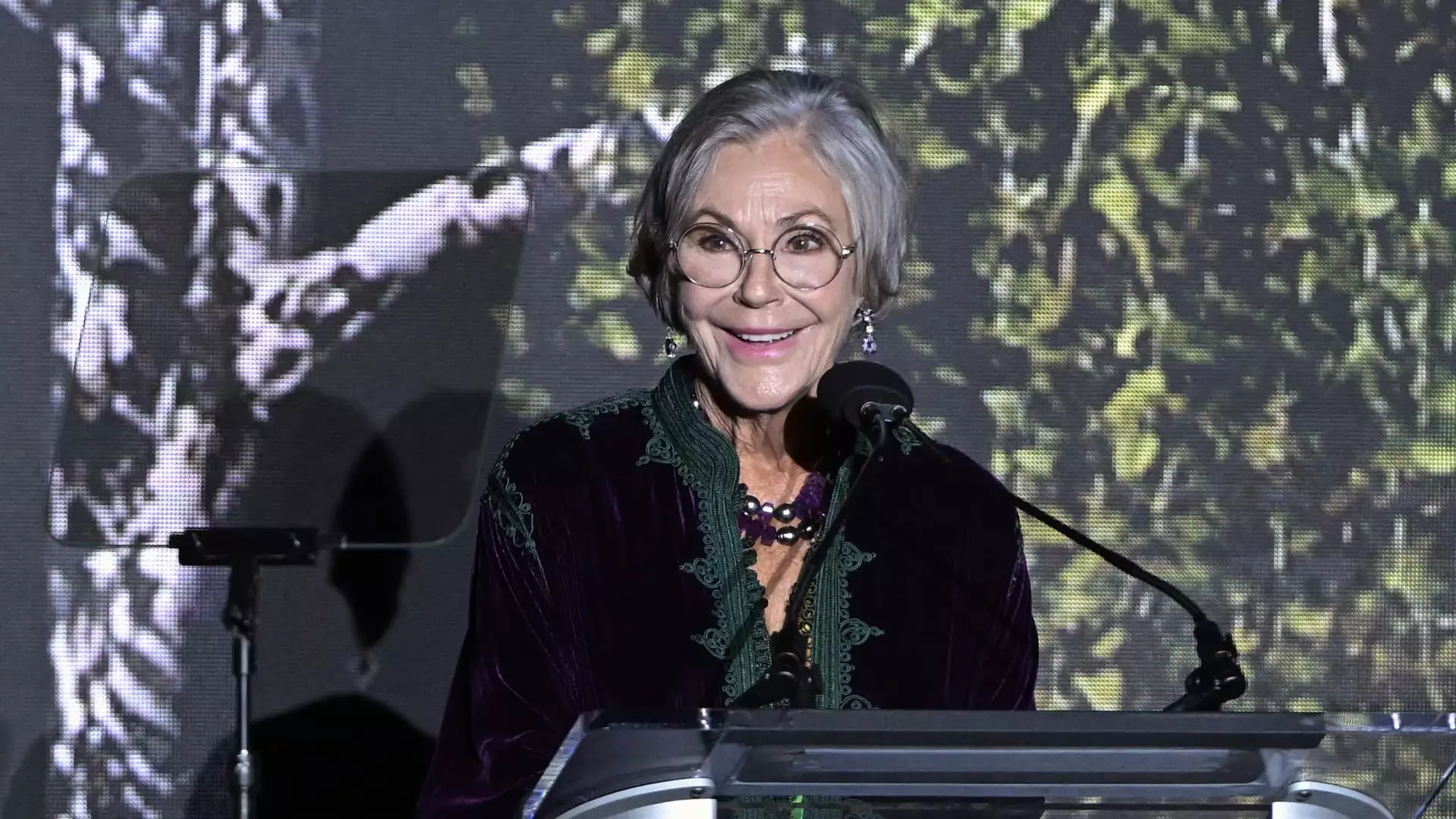As societal norms evolve and economic landscapes shift, women are increasingly claiming their place among the world’s wealthiest individuals. Recent data reflects a compelling trend: women now constitute a significant portion of the billionaire class. With a spotlight on their unique aspirations and philanthropic endeavors, let’s delve deeper into the patterns that shape this emerging demographic.
Recent insights from the Altrata Billionaire Census reveal that women represent 13% of the global billionaire population, amounting to approximately 431 individuals out of 3,323 total billionaires. At first glance, this number may appear modest; however, the growth trajectory over the past decade has been significant. The rise in female entrepreneurship, evolving cultural attitudes, and the ongoing transfer of wealth from one generation to another are contributing to this change. A critical factor in this expansion is inheritance, which plays a pivotal role in women’s ascension to billionaire status. Out of the total female billionaires, a striking three-quarters have received a portion of their wealth through inheritance.
The anticipated inter-generational wealth transfer, estimated to reach as high as $30 trillion over the next decade, promises to further bolster women’s presence in the billionaire ranks. According to research from Cerulli Associates, this monumental shift in wealth is likely to create a landscape where more women inherit fortunes, fostering a new class of financially empowered females. This trend poses questions about how these women will navigate their wealth, with many already demonstrating a philanthropically-minded approach.
Philanthropy stands out as a distinguishing trait among women in the billionaire club. Almost 20% of female billionaires dedicate the majority of their efforts to nonprofit and social organizations, a stark contrast to just 5% of their male counterparts. This pronounced focus on philanthropy often stems from the nature of inherited wealth, which is typically associated with fewer commercial obligations. Consequently, many female billionaires find themselves in a position where they can actively engage in philanthropic causes related to social equity, healthcare, education, and community development.
Beyond their philanthropic priorities, the financial portfolios of female billionaires diverge significantly from those of their male peers. Notably, women have a greater proportion of their wealth tied up in private holdings—approximately 35% compared to 28% for men. Additionally, female billionaires often maintain more liquid assets, with around 39% of their wealth in cash. This contrasts sharply with the male billionaires’ investment strategies, where a significant portion is held in stocks, primarily driven by those in the rapidly expanding tech industry.
Moreover, female billionaires tend to invest more heavily in luxury real estate and art. The demographic is 1.5 times more likely to own real estate valued over $10 million. Male billionaires, in contrast, display a penchant for extravagant luxury goods like private jets, yachts, and high-end automobiles, with a substantial percentage indulging in vehicles valued over $1 million.
In addition to differing investment strategies, the hobbies and interests of female and male billionaires also reflect significant divergences. An overwhelming 71% of female billionaires cite philanthropy as their primary pastime, indicating a deep commitment to social betterment. In contrast, sports dominate the leisure activities of their male counterparts. Other prevalent interests for women include arts, education, and travel, whereas men express a keen interest in aviation, outdoor activities, and political engagement.
As we observe these patterns in the evolving landscape of wealth, it becomes clear that female billionaires are not just increasing in number; they are also redefining the narrative surrounding wealth and its impact on society. Their distinctive approaches to philanthropy, investment, and personal interests not only signify a shift in economic power but also introduce new paradigms for wealth distribution and social responsibility. As we move forward, the influence of female billionaires will undoubtedly shape not just the financial realm, but also the very fabric of societal values and priorities.


Leave a Reply